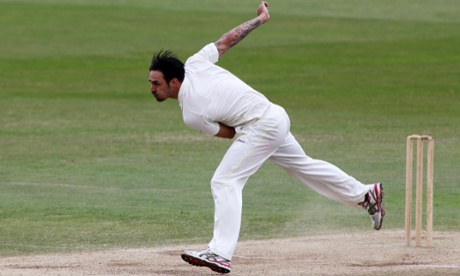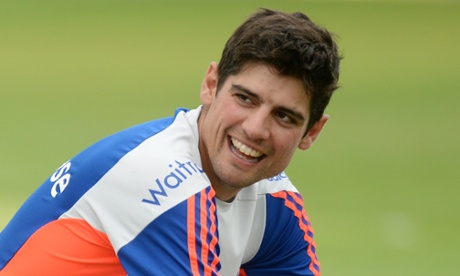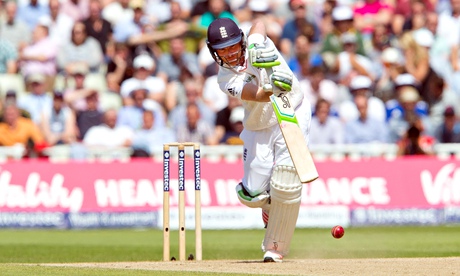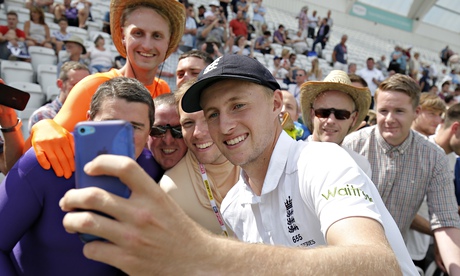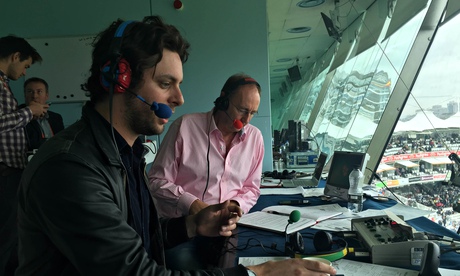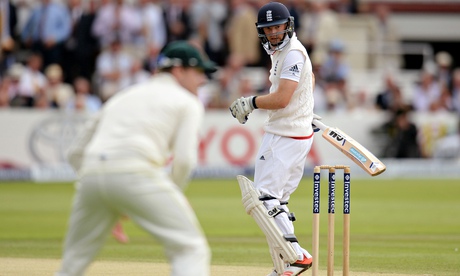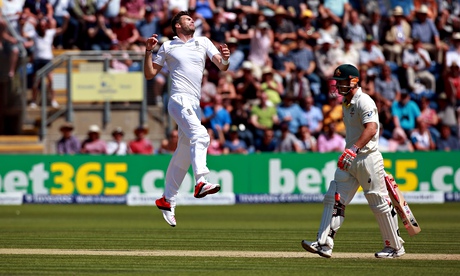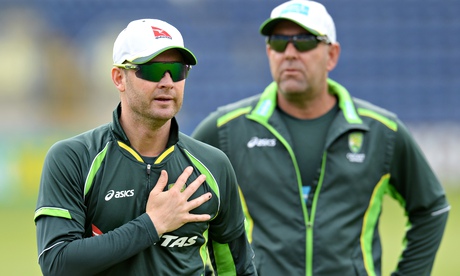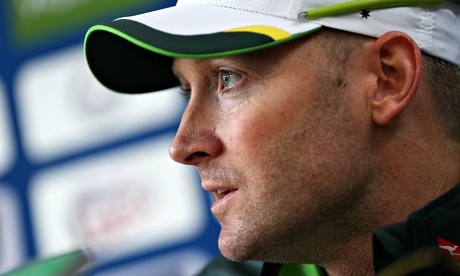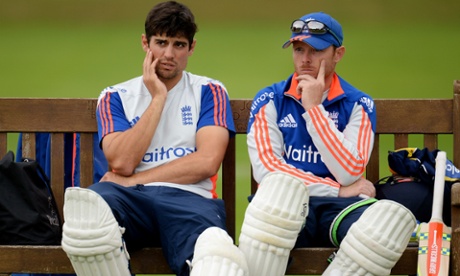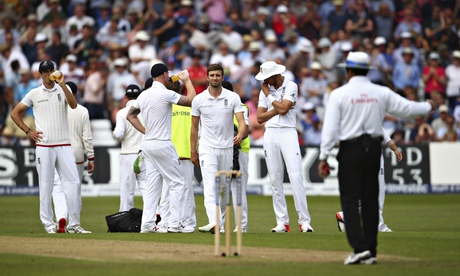For these final few hours, then, the 2015 Ashes remains unwritten. By the time some get around to reading this the contest will already be under way, and we will know what the first morning brought. Whether the opening delivery was sent straight to a startled second slip, was spanked past point for four, or left alone to fly by wide of off-stump. Nothing in cricket, few things in sport, are as storied as the Ashes.
From the very first Test at The Oval – when WG Grace gulled Sammy Jones into giving away his wicket, and in doing so goaded “The Demon” Spofforth into taking seven English wickets for 44 runs – through to the very last, in January 2014. An England team cobbled together out of their reserves, skittled again, in Sydney this time. All out in 32 overs on the third afternoon of the match. In seven weeks, we’ll have a few more tales to add.
These are the series that shape cricketers’ careers, for better and worse. Ask Simon Kerrigan or Boyd Rankin, both rocked back by their debut failures. Or Ben Stokes, reputation made by his batting and bowling performances on that last tour. Some say we put too much weight on it all, and they might be right. But knowing it is so doesn’t change anything. So, the five men in England’s squad who have never played a Test against Australia know that this summer could be the making or the breaking of them.
Old hands, too, know what they do this summer will count in the ledger. Especially the captains. If England lose, it seems likely Alastair Cook will give up the captaincy to concentrate on opening the batting. If England win, Michael Clarke will have lost all four Ashes tours he has been on, including the two he has led.
Just as it is often a mistake to judge a book by the cover, it’s another to read too much into the runup to the series. Ashes history isn’t exactly written by the winners, but it is shaped in hindsight, and everything that’s happened to both teams in these past few weeks and months will be recast to fit with what is about to unfold. The England and Wales Cricket Board’s decision to sack Peter Moores and hire Trevor Bayliss could come to be seen as a turning point. Likewise, if Australia’s two young tyros, Mitchell Starc and Josh Hazlewood, struggle to find their lines, then Ryan Harris’s retirement may end up looking like one of the defining moments of the tour. If Starc and Hazlewood fire, then the injury to Harris will be a little footnote, worth no more than a line or two in next year’s Almanack.
Still, right now, before a ball has even been bowled, the contest looks tighter, and the two teams are closer together, than seemed likely in the spring. This despite the gap in the rankings (England are a distant fifth) and in their recent form. Australia hammered West Indies only a few weeks after England eked out a draw against them. For English fans, the first flutter of fresh hope was felt at Lord’s in late May, and the 161-run stand Ben Stokes and Joe Root shared on the very first day, followed in short order by an innings of 162 from Alastair Cook, his largest century since the 190 he made in Kolkata at the tail-end of 2012. Everything is easier when Cook is making runs. If defeat at Headingley rocked England back, they rallied again in the ODI series that followed.
At the same time, Australia have looked just a little vulnerable in the two matches they have played on tour, both of them against sides in the bottom half of the County Championship’s second division. Nathan Lyon took one for 200 against Essex, at a rate of six runs an over in one innings and five an over in the other. And intimidating as Australia’s battery of quicks is, fact is that Daniel Bell-Drummond, Tom Westley, and Ravi Bopara all took centuries off them in those two games.
For all Mitchell Johnson’s fire, the 23 wickets he has taken in the seven Tests he has played in England have come at a cost of 38 runs each. Harris, a bowler of heart, skill and speed, was the one English fans – and batsmen – were wary of when Australia’s tour party was announced. Since Harris made his debut, Australia have played 54 Tests. Harris played in half of them. Of those, they won 16 and lost six. In the other half, the ones he missed, they won only nine, and lost 13. Without Harris, Australia will have three new-ball bowlers to work with – Johnson, Starc and Hazlewood. Someone will have to pick up Harris’s slack, and as Ricky Ponting has just written, unless they pick Peter Siddle, the job will likely fall to Shane Watson. A considerably less intimidating proposition.
England fans are pessimistic beasts, in part because their team prefers to play the underdog. If you’re having a hard time imagining that they will be anything other than thrashed, try flipping the whole thing around for a moment. Imagine that the identities of the two teams had switched. Imagine that it was Australia who were unbeaten in their last three Ashes series at home (2005, 2009 and 2013), that it was Australia who had, in fact, won only two of the 15 Ashes Tests they had played away in that time.
That it was England whose best bowler had just quit cricket because of a chronic injury problem, England whose spinner had just been hammered by a Division Two side, England whose batting lineup included two 37-year-olds, and a 35-year-old who had only just made his debut. Plenty of reasons there for English fans to feel cautiously optimistic, at least until the nerves kick in on Wednesday morning.
This is an extract taken from the Spin, the Guardian’s weekly cricket email, to subscribe just visit this page, find ‘The Spin’ and follow the instructions.
